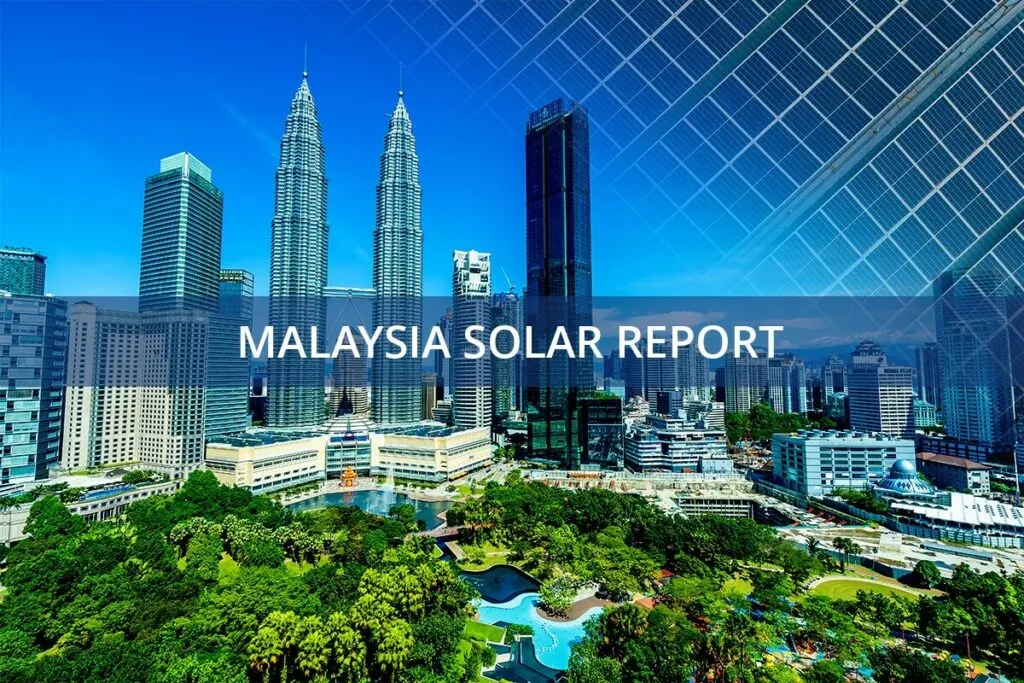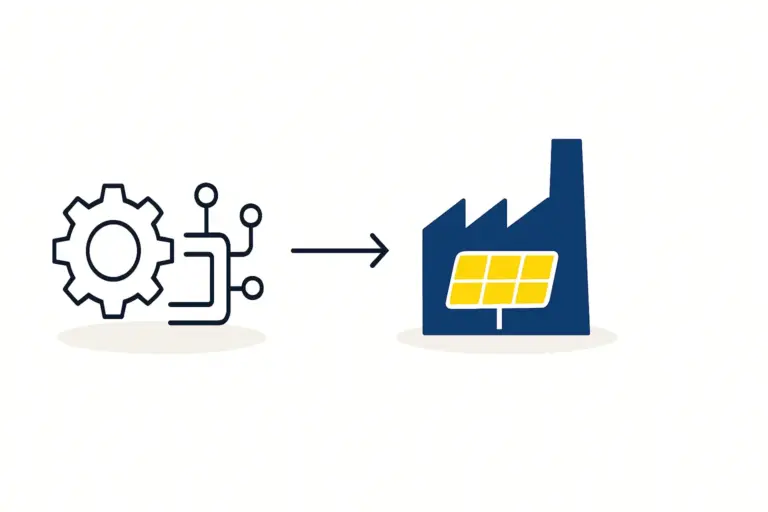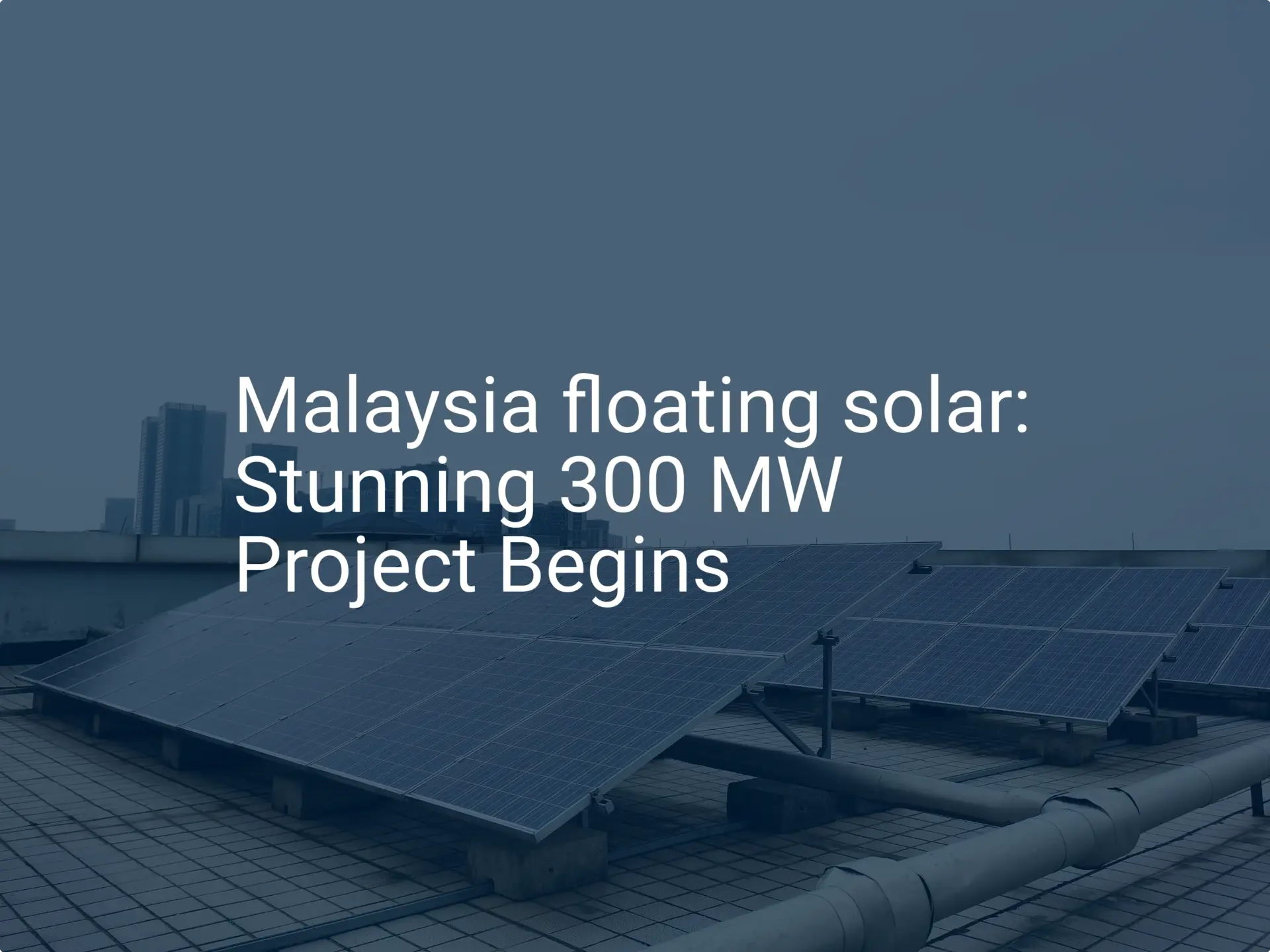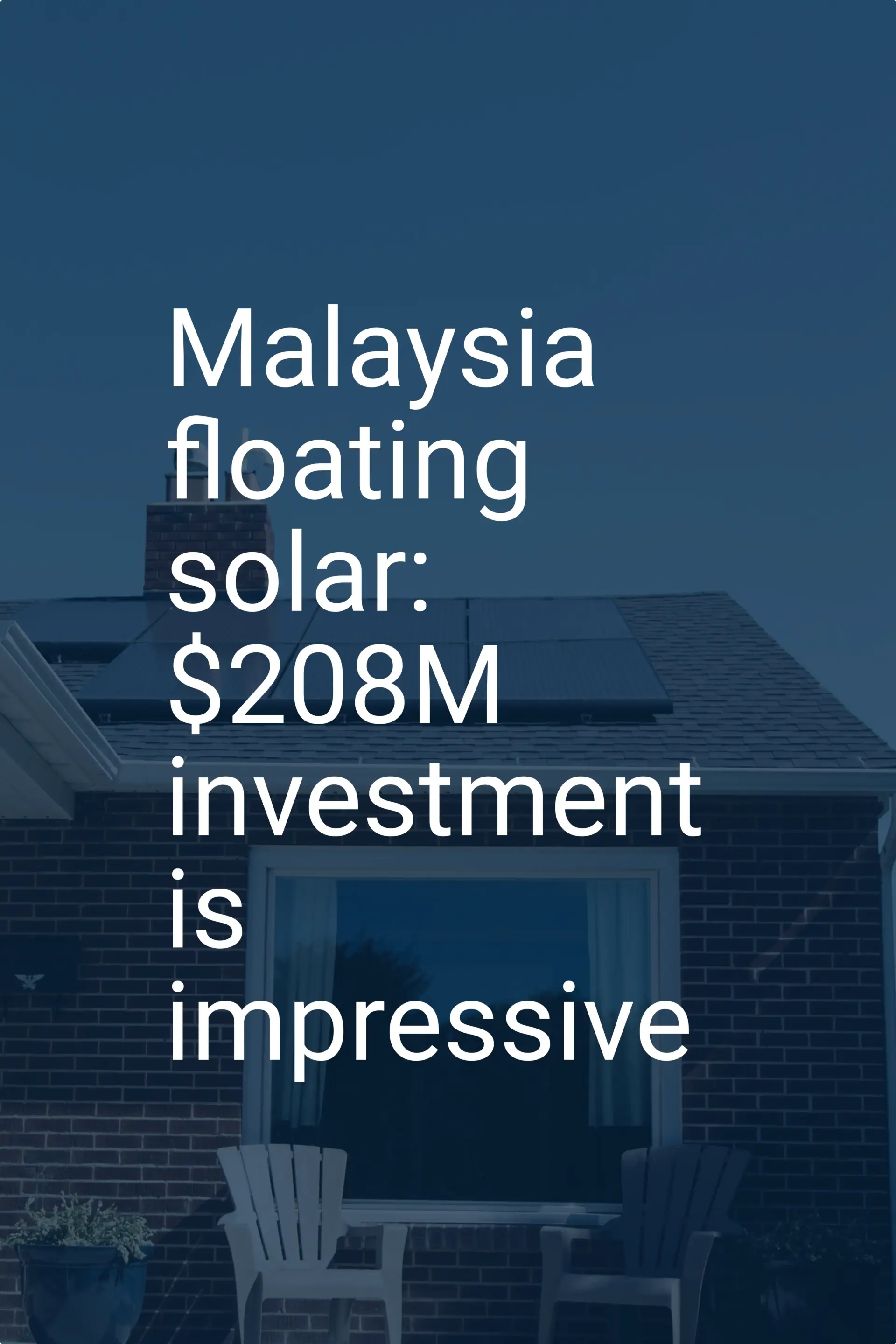Many entrepreneurs considering solar module manufacturing assume they must build a supply chain from the ground up, importing every critical component. However, a location like Malaysia has a world-class electronics manufacturing ecosystem that can be leveraged. The same industrial base that produces components for computers and consumer electronics can give a new solar enterprise a significant head start, often in ways that are not immediately obvious.
By tapping into Malaysia’s established supply chain, new solar manufacturers can reduce costs, mitigate risks, and accelerate their time-to-market, turning a potential logistical challenge into a distinct competitive advantage.
Malaysia’s Foundation: A Global Electronics and E&E Hub
For decades, Malaysia has been a cornerstone of the global electrical and electronics (E&E) industry. It consistently ranks among the top 10 exporters of E&E products worldwide, with a sophisticated network of suppliers, a highly skilled technical workforce, and robust logistics infrastructure. This industrial maturity makes it an ideal location for solar module assembly.
Global solar giants like Jinko Solar, Hanwha Q Cells, and LONGi have already established large-scale manufacturing operations in the country—a testament to its industrial ecosystem. For a new entrant, this means the groundwork is already laid; the challenge shifts from creating a supply chain to integrating into a proven, high-functioning one.

Key Components Available Within the Local Ecosystem
A solar module is an assembly of various parts, many with direct analogues in the mainstream electronics industry. Entrepreneurs who recognize this overlap can source a surprising number of high-quality components locally, which simplifies the overall supply chain for your solar module factory.
The Junction Box: An Electronics Product in Disguise
The junction box on the back of a solar panel may appear to be a simple plastic enclosure, but it is a critical electronic component. It contains the bypass diodes, connectors, and cables responsible for safely extracting power from the module.
Malaysia’s E&E sector already excels in producing these very components:
- Diodes: The country is a major player in semiconductor manufacturing, including the production of diodes used in countless electronic devices.
- Cables & Connectors: A vast network of suppliers produces high-specification cables and connectors for the computer and telecommunications industries.
- Plastic Injection Molding: High-precision plastic molding is a mature capability, essential for producing durable, weatherproof junction box casings.
By partnering with an experienced local electronics manufacturer, a new solar enterprise can often source fully assembled and tested junction boxes that meet international standards.
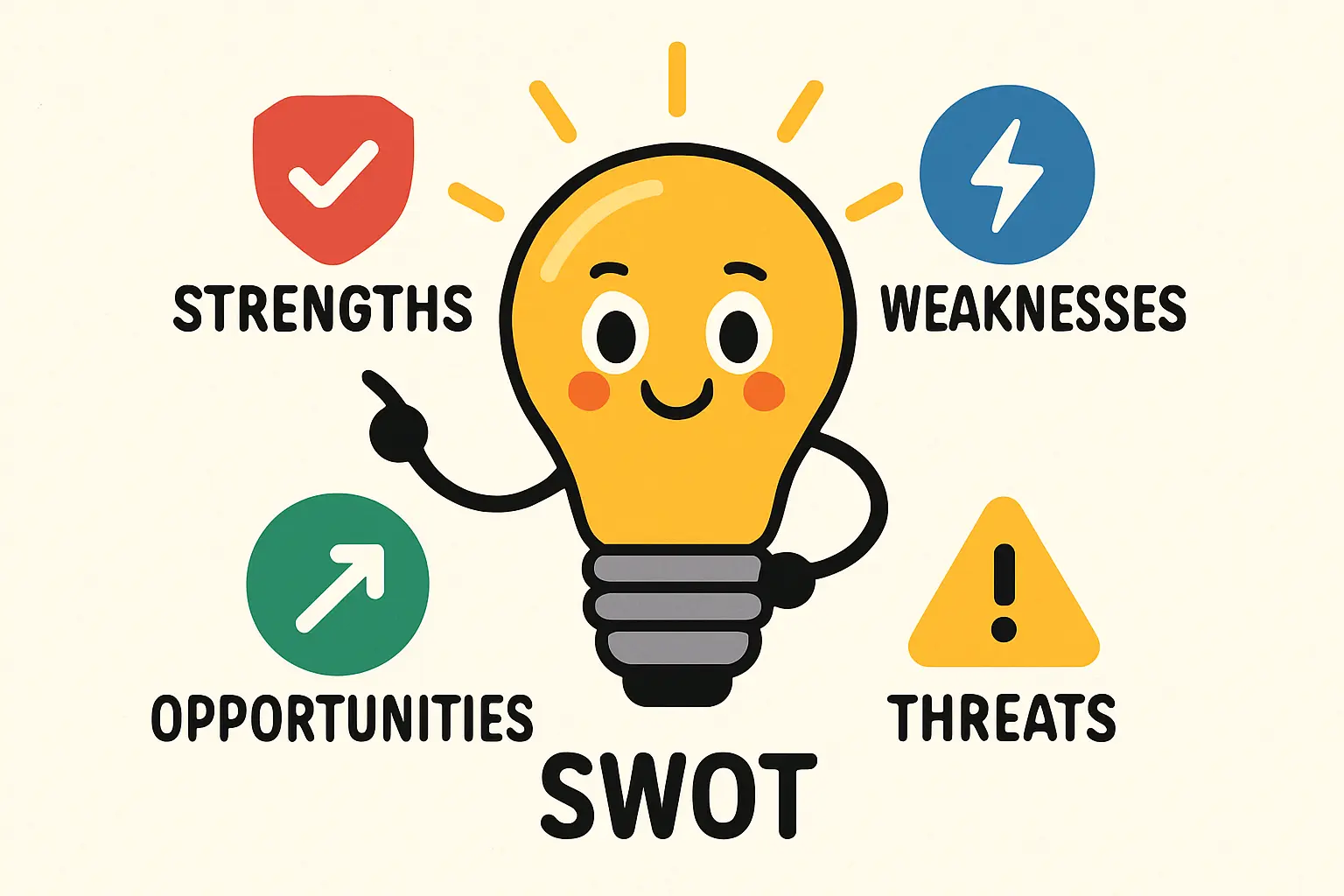
A properly specified solar panel junction box is essential for the long-term safety and performance of the final product. Sourcing from established local electronics suppliers with a history of quality control is a significant advantage.
Aluminum Frames: Precision from an Established Industry
The aluminum frame provides structural integrity to the solar module, protecting it from mechanical stress and the elements for decades. The process used to create these frames—aluminum extrusion—is widely used in Malaysia to produce casings for electronics, construction materials, and automotive parts.
Sourcing these frames locally offers several key benefits:
- Reduced Logistics Costs: Aluminum frames are bulky and expensive to ship internationally. Sourcing them from a local extruder drastically reduces transportation costs and carbon footprint.
- Faster Turnaround: Proximity to the supplier allows for quicker delivery times and more responsive inventory management.
- Customization: Working with a local partner makes it easier to collaborate on custom frame designs tailored to specific module requirements.

Packaging and Logistics: A World-Class Infrastructure
Safely transporting finished solar modules requires specialized packaging, including durable cartons, corner protectors, and strapping. As a major export hub, Malaysia has a highly developed packaging industry capable of meeting the rigorous demands of international shipping. This ensures that products arrive at their destination intact, which is crucial for customer satisfaction and maintaining brand reputation.
The Business Advantages of a Localized Supply Chain
Tapping into Malaysia’s existing industrial base is not just a matter of convenience; it provides tangible business advantages that strengthen the entire operation.
- Cost Reduction: Sourcing components like frames and junction boxes locally can significantly lower the landed cost per module by reducing freight charges and potentially avoiding import duties.
- Supply Chain Resilience: A shorter, local supply chain is less vulnerable to global shipping disruptions, geopolitical risks, and currency fluctuations, leading to more predictable production schedules.
- Enhanced Quality Control: Proximity makes it far more practical to conduct in-person site visits, quality audits, and collaborative engineering meetings with suppliers. This fosters stronger partnerships and higher quality standards.
- Improved Agility: Local sourcing enables a manufacturer to respond more quickly to changes in demand or to collaborate on design improvements, accelerating innovation cycles.
These components are integrated during the final stages of production, a process that requires careful planning. Understanding how a solar module is assembled helps an investor appreciate the logistical importance of having key suppliers nearby. Experience from J.v.G. turnkey projects shows that a well-managed local supply chain is a critical success factor, especially in the first few years of operation.
Frequently Asked Questions (FAQ)
Do I need to import all my raw materials if I manufacture in Malaysia?
No. While core components like solar cells and specialized solar glass are often imported from global leaders, a significant portion of the Bill of Materials (BOM) can be sourced locally. This includes junction boxes, aluminum frames, backsheets, and all packaging materials, which together represent a substantial part of the module’s cost and volume.
Are Malaysian-made components of high quality?
Yes. The Malaysian E&E industry is built on supplying demanding global brands and is accustomed to meeting strict international quality standards, such as ISO 9001. Many component suppliers already hold certifications from bodies like TÜV Rheinland, which simplifies the certification process for the final solar module. Of course, diligent supplier qualification remains essential.
Does local sourcing complicate the final module certification process?
On the contrary, it can simplify it. When a manufacturer sources a pre-certified component, such as a TÜV-certified junction box, from a local supplier, that part of the overall module certification is already validated. The key is to ensure that local suppliers can provide the necessary documentation and proof of compliance.
Is this advantage unique to Malaysia?
While Malaysia presents a particularly strong case due to the depth of its E&E sector, the underlying principle applies elsewhere. In any potential manufacturing location, an investor should first assess the existing industrial landscape for capabilities that overlap with solar component manufacturing.
Conclusion: A Strategic Foundation for Success
For an entrepreneur entering the solar manufacturing industry, Malaysia offers more than just a favorable business climate; it provides a mature, high-tech industrial ecosystem ready to support new ventures. By sourcing key components like junction boxes, aluminum frames, and packaging locally, a new manufacturer can significantly reduce costs, increase operational resilience, and improve quality control.
This strategic approach transforms the challenge of building a supply chain into an opportunity to build upon a foundation of proven industrial excellence. Recognizing this synergy is a critical first step toward establishing a competitive and sustainable solar module assembly operation.

